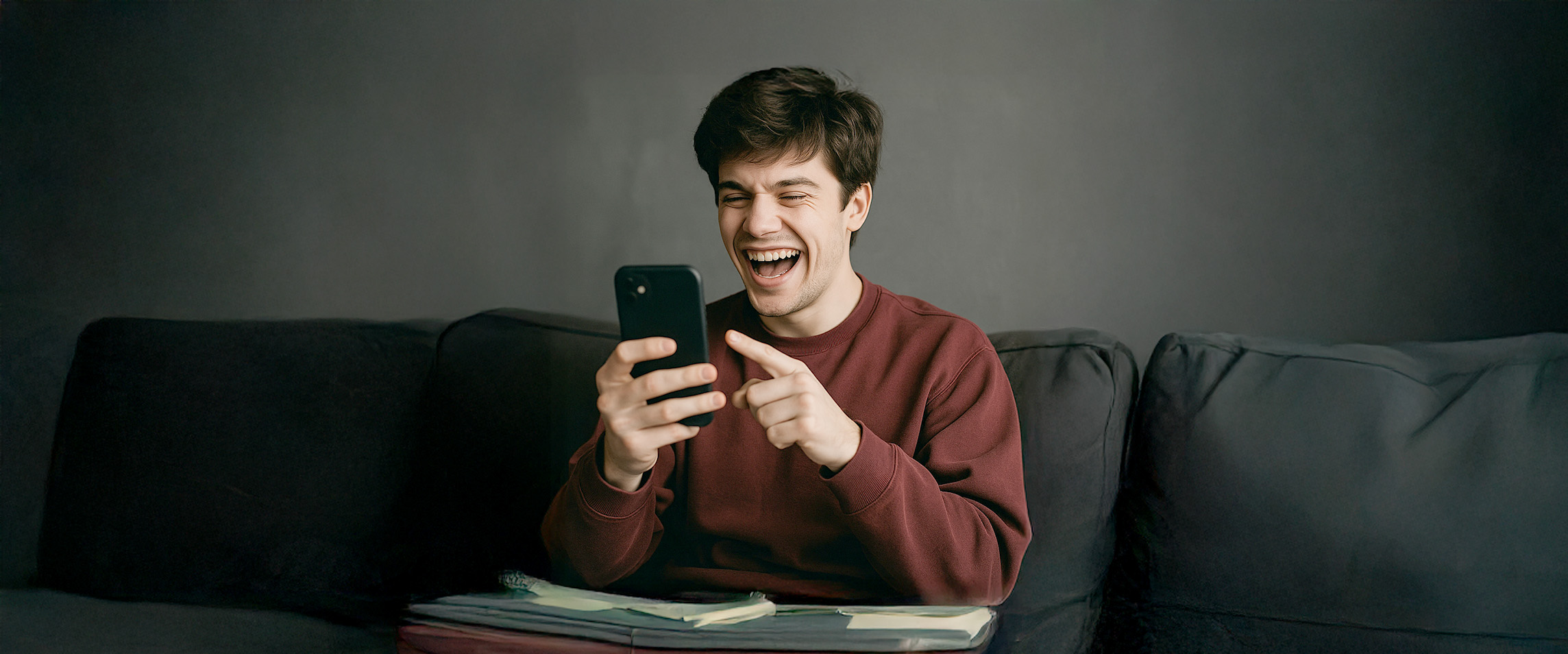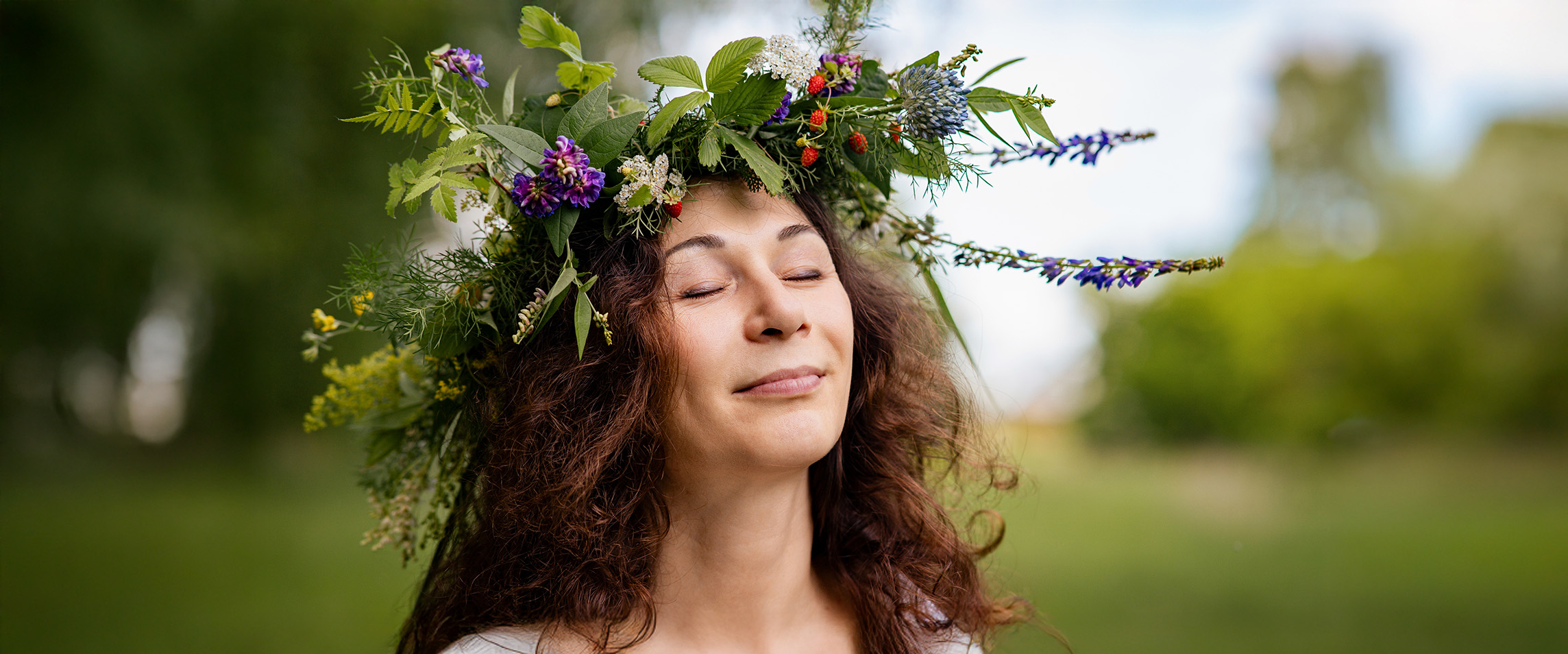Let’s pause for a moment and think about something beautifully simple.
When was the last time you let sunlight rest on your skin—not just while rushing between errands, but truly paused to feel its warmth? Or when did you last give yourself permission to sleep—not just collapse from exhaustion, but surrender into real, uninterrupted rest?
If your answer is “I don’t remember,” you’re not alone.
We live in a world that runs on artificial light, late-night schedules, and endless digital distractions. Somewhere in our striving, we’ve forgotten that some of the most healing gifts in life were never man-made. They were freely given, from the beginning—crafted by a Creator who understood what our minds and bodies would need to survive and thrive.
Not complicated. Not costly. But deeply powerful—especially when it comes to the health of our brain, our emotions, and our spiritual clarity.
Let’s take a quiet walk through these two gifts—and remember what God intended for us to experience through them.

The Bible Begins with Light:
In the very first verses of Scripture, God speaks creation into motion with one radiant command:
“Let there be light.” (Genesis 1:3)
Before He formed the earth’s beauty, before humanity breathed its first breath—light came first. Light was foundational. It was the beginning of rhythm, of order, of life itself.
Science now echoes what Scripture introduced thousands of years ago. Our brains are wired with a built-in timer called the circadian rhythm. It follows the light. When the sun rises, our brains signal us to wake, to focus, to move. And when light fades, we are meant to wind down, reflect, and prepare for rest.
But when we disrupt that rhythm—staying indoors all day, staying up long after dark—we confuse the system God so carefully designed. The consequences often come in the form of mental fatigue, irritability, emotional fog, and spiritual numbness.

Sunlight: More Than Just a Glow
When the sun’s rays touch your skin, something extraordinary happens. Your body begins producing vitamin D—a nutrient essential for regulating mood, strengthening bones, and boosting immunity. But the story goes deeper.
Sunlight also helps your brain produce serotonin, a neurotransmitter that uplifts your mood, improves focus, and enhances your sense of well-being. It’s the natural antidote to anxiety and lethargy. Just 10 to 15 minutes of morning sunlight can reset your mental state, sharpen your thinking, and help you feel grounded again.
Have you ever noticed how problems feel smaller during a sunny morning walk? Or how your heart softens when you step outside and just breathe? That’s not coincidence. That’s divine design.
Even short, daily exposure to sunlight—especially early in the day—can dramatically improve your emotional health and brain function. It’s a reminder that healing often starts not in big steps, but in small, steady choices.
Ellen G. White, a pioneer of health and holistic living within the Adventist tradition, often spoke of the value of fresh air and sunshine. She saw these natural elements not merely as comforts, but as sacred remedies:
“The feeble one should press out into the sunshine, and fresh air, precious blessings of Heaven, calculated to make sick invalids well.”— Counsels on Health, p. 166
For her, sunlight was not just an external warmth. It was an internal cleanser. A light that reached into the soul, stirring joy and helping the weary body heal.
Modern research confirms her insight. Exposure to natural light improves sleep cycles, enhances mental clarity, and can even play a role in preventing depression. God gave us the sun not only to illuminate the earth, but to illuminate our inner lives.
If sunlight starts our day, sleep completes it.
Yet in today’s pace-driven world, rest is often sacrificed. We chase productivity, binge on screens, and stay up long past our body’s quiet plea for restoration.
But sleep is not optional. It’s essential.
During deep sleep, our brains clear out toxins. Memories are consolidated. Emotional patterns are stabilized. Sleep literally repairs the mind and renews our capacity to handle life.
Spiritually, rest is an act of trust. It says, “I’m not in control—and that’s okay.” It mirrors Sabbath, the sacred rhythm of stopping. God Himself rested. And Jesus, in His earthly life, modeled this balance—sleeping during storms, withdrawing from crowds, and honoring the need for solitude and silence.
Sleep is not laziness. It’s stewardship. It is choosing to care for the mind and body God entrusted to you.
Here are a few gentle shifts you can make today:

Step outside
Within the first 30 minutes of waking. Let morning sunlight hit your eyes, even for just a few minutes.

Unplug early.
Avoid screens at least one hour before bedtime. Let your brain enter the evening rhythm.

Set the tone.
Use soft, warm lighting in your home after sunset. It signals your body that the day is winding down.

Create a haven.
Keep your sleeping space uncluttered, quiet, and dark. Let it feel like a retreat.

Keep it steady.
Try to sleep and wake around the same time each day. This builds a strong internal clock.

Close the day with grace.
Read Scripture, pray, journal. Let the last word of the day belong to peace.
We often chase after healing in loud, expensive, or complicated ways. But what if part of our healing—mental, emotional, spiritual—has been quietly waiting in the sunrise? In the stillness of sleep? In the pause we keep postponing? Sometimes the most sacred thing you can do for your mind is to step outside… and then go to bed on time.
Sunlight and sleep won’t fix every problem. But they’ll help you feel whole again. They’ll re-center your spirit. And in that hush of wellness, you may hear God whisper something simple and sacred:
“Rest. I’m still here.”








